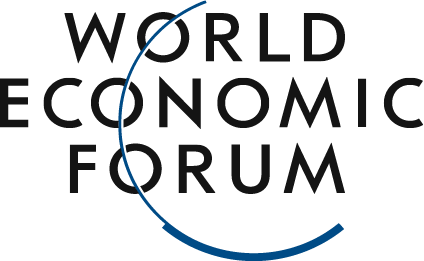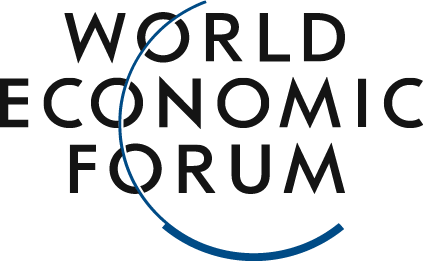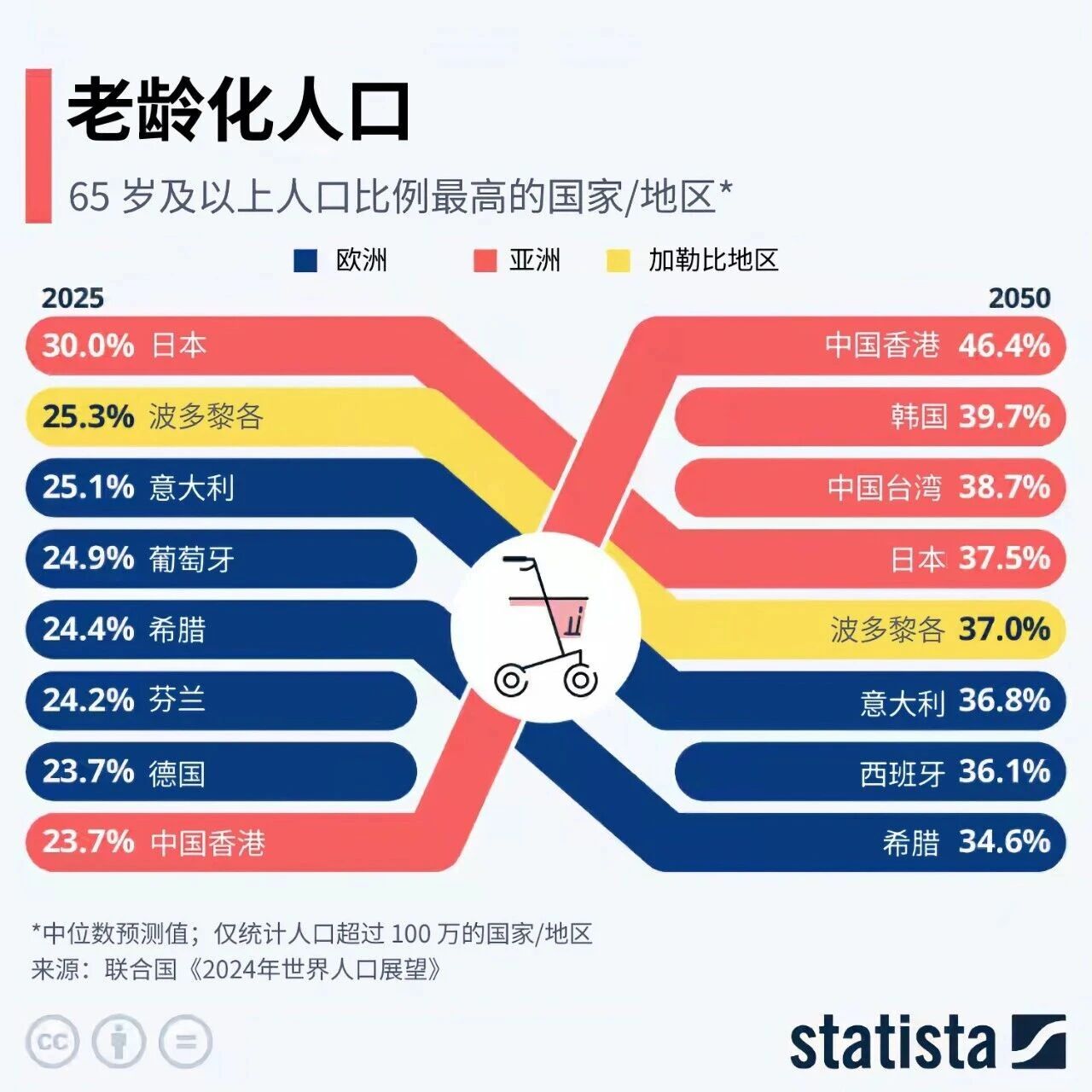

In much of sub-Saharan Africa, South Asia, and Latin America, informal employment remains the dominant form of work.
Image source:Unsplash
Rya G. Kuewor
Co-founder and CEO of Chāo-Shì
More than 60% of workers in the Global South—around 2 billion people—are in informal employment.
Informal workers are already using digital tools (such as WhatsApp and mobile payments), but they remain largely overlooked.
AI tools can help build a verifiable digital reputation, break down language barriers, and uncover job opportunities.
Global discussions about the future of work often focus on office jobs, white-collar automation, and corporate productivity. But these conversations frequently overlook one key point: for most people in the Global South, employment is rarely formalized.
AtSub-Saharan AfricaSouth AsiaAndLatin AmericaIn most regions, informal employment remains the dominant form of work. In certain areas, informal workers account for more than 80% of the total labor force—ranging from domestic workers and street vendors to market traders and bricklayers. While these jobs often lack formal contractual protections, they play a critical role in sustaining local economies. According to the women's rights organization “Informal-Employed Women: Globalization and OrganizingAccording to data from WIEGO and the International Labour Organization (ILO), approximately 61% of the global workforce is engaged in informal employment, equivalent to 2 billion people.
Ignoring informal workers when envisioning the future of employment would be a strategic oversight.
Redesigning Informal Employment
Traditional development frameworks typically view informal employment as a sign of underdevelopment, hoping that jobs will become formalized and integrated into the regulated labor market. But this assumption has already become outdated—informality isn’t shrinking; instead, it’s steadily evolving.
Workers in the informal economy are increasingly embracing digital tools and mobility, enabling them to respond swiftly to market trends. Many of these workers rely on platforms like WhatsApp or Telegram to cultivate client relationships, coordinate with colleagues, or promote their services. They’re building digital reputations without needing a traditional resume—and often acquire new skills directly through their day-to-day interactions outside formal institutions.
What we need isn’t to eliminate informality, but to design systems that can accommodate it. AI tools offer promising solutions for achieving this goal.
"For those who rely on informal work to support their families, the lack of decent jobs can be particularly harsh—after all, these workers make up 60% of the global workforce, roughly 2 billion people."
Gilbert F. Houngbo
Director-General of the International Labour Organization
Artificial IntelligenceEmpowering workersVisibility and Dignity
One of the core challenges facing the informal economy is the lack of visibility. Many workers operate outside the reach of national statistics, effective labor protections, or even digital verification systems. Despite often being multilingual, highly skilled, and remarkably mobile, they frequently remain poorly documented. Fortunately, artificial intelligence can help change this reality.
Voice AI tools, powered by natural language processing technology, enable workers to operate on the platform using their more familiar local dialects. Computer vision technology can verify skill levels through image recognition, allowing workers to build a portable portfolio of their work. Meanwhile, machine learning algorithms match workers with tasks based on availability, geographic location, and peer ratings.
In labor-market-dense yet disorganized cities like Accra or Ahmedabad, artificial intelligence can help workers and employers connect more efficiently and fairly. A construction worker, for instance, could be matched with suitable projects based on their past performance—as verified by customer reviews. Similarly, a nanny could build a verifiable work history, thanks to employers’ consistent feedback on punctuality and reliability.
This system isn’t “formalized” in the traditional sense—it instead recognizes workers’ economic participation by empowering them with control, continuity, and credibility.
Building a digital marketplace platform
Beyond individual empowerment, artificial intelligence also offers possibilities at the regional level. In Africa, the African Continental Free Trade Area aims toFacilitating labor mobilityWhile it fosters economic cooperation, it still represents a significant barrier for informal workers.
An AI-powered platform can help standardize job classifications, streamline skill certifications, and translate job descriptions into multiple languages. Additionally, predictive analytics enable governments to track labor market trends, anticipate informal migration patterns, or forecast the demand for specific skills in border regions.
Similar dynamics are emerging in South Asia and Latin America, where artificial intelligence can enable the creation of portable digital identities, allowing informal workers to carry their reputations and credentials across regions. These tools can make labor mobility safer, smarter, and more inclusive, ultimately helping to unlock the full potential of regional integration.
The Future Shaped by Artificial Intelligence
Signs of this transformation are already emerging on a global scale.Street vendors in Nairobi embrace mobile paymentsRecord daily earnings. In Accra, tailors receive custom orders via voice messages. In Manila, cleaning staff use an AI-powered chatbot to negotiate their wages. These aren’t isolated cases—they’re early indicators of what the reimagined labor ecosystem might look like.
With the rise of magnetic technologies and generative AI, these trends are set to accelerate rapidly. In the near future, informal workers may easily discover job opportunities through hyper-localized recommendation engines that can instantly respond to surges in demand. For instance, a plumber in Dar es Salaam could receive real-time alerts about multiple urgent service requests in their vicinity—requests that can even be filtered by urgency level, customer ratings, and pricing. Meanwhile, AI-powered tools could help day laborers in Kampala transform their work experiences into verified digital portfolios by analyzing past project photos and generating multilingual summaries.
A job-matching platform may soon launch an intelligent virtual assistant that will act as a negotiator, translator, and advisor—ensuring that domestic workers in Lusaka not only get discovered by new clients but also can instantly advocate for fairer wages and safer working conditions. Meanwhile, masons in Abidjan could fully leverage voice assistants to manage their schedules, navigate transportation routes, and handle payment arrangements.
As these systems evolve, we may witness a shift from the gig economy toward a platform-based labor strategy, empowering blue-collar workers with data-driven advantages that once were exclusive to large corporations. However, to make this vision a reality, these technologies must become accessible, equitable, and carefully managed. This means developing platforms that support local languages, integrate seamlessly with informal financial tools, and prioritize workers' ownership of their data and reputations. If AI is designed with their needs at its core, it could truly serve as a bridge—connecting opportunities with autonomy across rural areas, urban centers, and even international borders.
The potential of agent-based AI to reshape industries across the Global South is already widely recognized. However, unlocking this potential depends not only on the technology itself—but also on factors such as…"Modern Diplomacy"It was emphasized that achieving these benefits requires a "holistic approach," where governments, industries, and international partners collaborate closely, prioritizing skills retraining as a key priority. By implementing the right "strategic incentives," we can bridge the skills gap and foster inclusivity, ensuring that AI-driven advancements translate into sustainable, equitable, and inclusive economic growth for all.
One day, 2 billion people will be able to connect through a AI platform specifically designed for them.

The above content solely represents the author's personal views.This article is translated from the World Economic Forum's Agenda blog; the Chinese version is for reference purposes only.Feel free to share this in your WeChat Moments; please leave a comment at the end of the post or on our official account if you’d like to republish.
Translated by: Sun Qian | Edited by: Wan Ruxin
The World Economic Forum is an independent and neutral platform dedicated to bringing together diverse perspectives to discuss critical global, regional, and industry-specific issues.
Follow us on Weibo, WeChat Video Accounts, Douyin, and Xiaohongshu!
"World Economic Forum"


